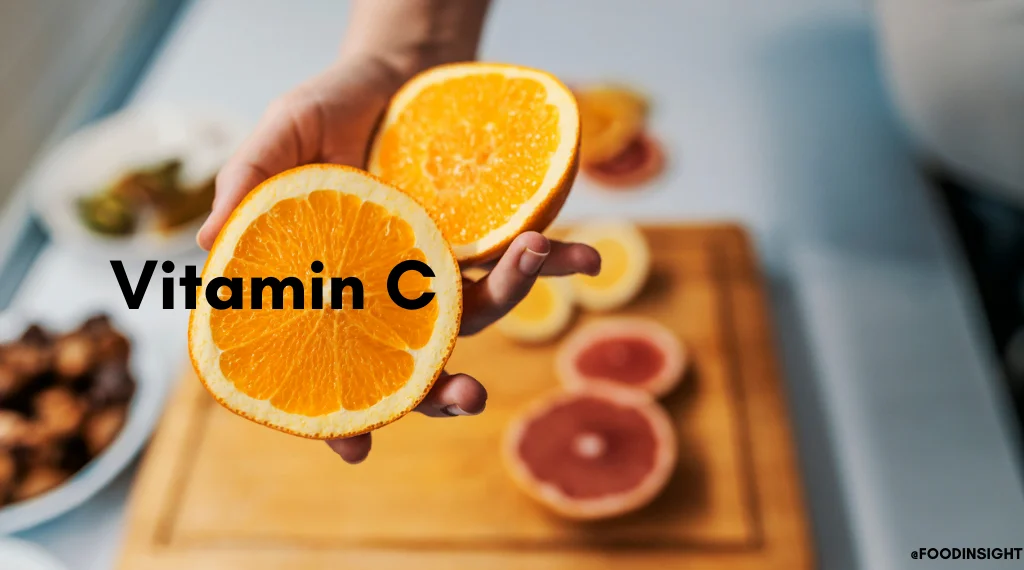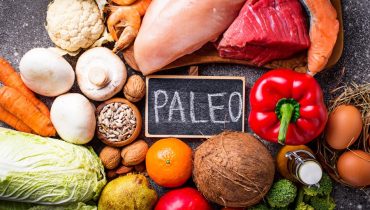Vitamin C, also known as ascorbic acid, is a vital nutrient essential for various bodily functions. Fruits rich in vitamin C offer numerous health benefits, making them a crucial part of a balanced diet. This article explores the wide-ranging advantages of consuming fruits high in vitamin C, providing valuable information for those looking to enhance their health through natural sources.
What is Vitamin C?
Vitamin C is a water-soluble vitamin and a powerful antioxidant. It is essential for the growth, development, and repair of all body tissues. Vitamin C is involved in many bodily functions, including the formation of collagen, absorption of iron, proper functioning of the immune system, wound healing, and maintenance of cartilage, bones, and teeth.
Common Fruits High in Vitamin C
Several fruits are excellent sources of vitamin C, including:
Oranges: Perhaps the most well-known source, oranges are rich in vitamin C and are widely consumed worldwide.
Kiwifruit: Surprisingly, kiwifruit contains more vitamin C per gram than oranges.
Strawberries: These delicious berries are packed with vitamin C and other antioxidants.
Guavas: A single guava fruit contains more than twice the recommended daily intake of vitamin C.
Papayas: This tropical fruit is an excellent source of vitamin C and other beneficial nutrients.
Pineapples: Pineapples are rich in vitamin C and bromelain, an enzyme with anti-inflammatory properties.
Mangoes: Mangoes provide a good amount of vitamin C, along with other vitamins and minerals.
Bell Peppers: Though not a fruit in the traditional sense, bell peppers, especially the red variety, are extremely high in vitamin C.

Health Benefits of Vitamin C-Rich Fruits
Boosting the Immune System:
Enhanced Immune Function: Vitamin C plays a crucial role in supporting the immune system by stimulating the production and function of white blood cells. It also helps protect these cells from damage by free radicals.
Prevention of Common Colds: Regular intake of vitamin C can help reduce the duration and severity of common colds.
Antioxidant Properties:
Fighting Free Radicals: Vitamin C is a potent antioxidant that helps neutralize free radicals, reducing oxidative stress and lowering the risk of chronic diseases such as heart disease and cancer.
Skin Health: The antioxidant properties of vitamin C contribute to healthier skin by preventing damage caused by ultraviolet (UV) radiation and pollution. It also helps in the synthesis of collagen, which keeps the skin firm and youthful.
Collagen Production:
Wound Healing: Vitamin C is essential for the synthesis of collagen, a protein that plays a crucial role in wound healing. It helps repair tissues and maintain the health of the skin, cartilage, tendons, and blood vessels.
Joint Health: Adequate vitamin C intake supports the maintenance of healthy cartilage, reducing the risk of joint disorders such as osteoarthritis.
Enhanced Iron Absorption:
Preventing Anemia: Vitamin C improves the absorption of non-heme iron (the type of iron found in plant-based foods) from the digestive tract. This can help prevent iron deficiency anemia, especially in people who follow a vegetarian or vegan diet.
Cardiovascular Health:
Lowering Blood Pressure: Studies have shown that vitamin C can help lower blood pressure in individuals with hypertension, reducing the risk of heart disease.
Reducing Cholesterol Levels: Vitamin C has been found to help lower LDL (bad) cholesterol and triglycerides, promoting overall cardiovascular health.
Eye Health:
Preventing Cataracts: Adequate intake of vitamin C can help prevent cataracts and slow the progression of age-related macular degeneration, two common causes of vision loss in older adults.
Reducing the Risk of Chronic Diseases:
Cancer Prevention: The antioxidant properties of vitamin C can help protect against certain types of cancer by neutralizing harmful free radicals.
Reducing Inflammation: Vitamin C helps reduce inflammation in the body, which is linked to various chronic diseases, including heart disease and diabetes.
Practical Tips for Incorporating Vitamin C-Rich Fruits into Your Diet
Morning Smoothies: Start your day with a refreshing smoothie made with oranges, kiwifruit, strawberries, and a handful of spinach for an extra nutrient boost.
Snacking on Fresh Fruits: Keep a variety of vitamin C-rich fruits on hand for easy, healthy snacks throughout the day.
Salads and Salsas: Add slices of bell peppers, mangoes, and papayas to your salads or salsas for a vibrant, vitamin-packed meal.
Juices and Infused Water: Enjoy freshly squeezed orange juice or infuse your water with slices of citrus fruits and strawberries for a flavorful, hydrating drink.
Healthy Desserts: Incorporate vitamin C-rich fruits into desserts like fruit salads, parfaits, or yogurt bowls.
Incorporating fruits rich in vitamin C into your diet can have a profound impact on your overall health. From boosting your immune system and improving skin health to enhancing iron absorption and reducing the risk of chronic diseases, the benefits are numerous. By making a conscious effort to consume a variety of these fruits regularly, you can enjoy better health and well-being. So, the next time you’re at the grocery store, make sure to stock up on these vitamin C-packed fruits and start reaping the rewards of their numerous health benefits.


















